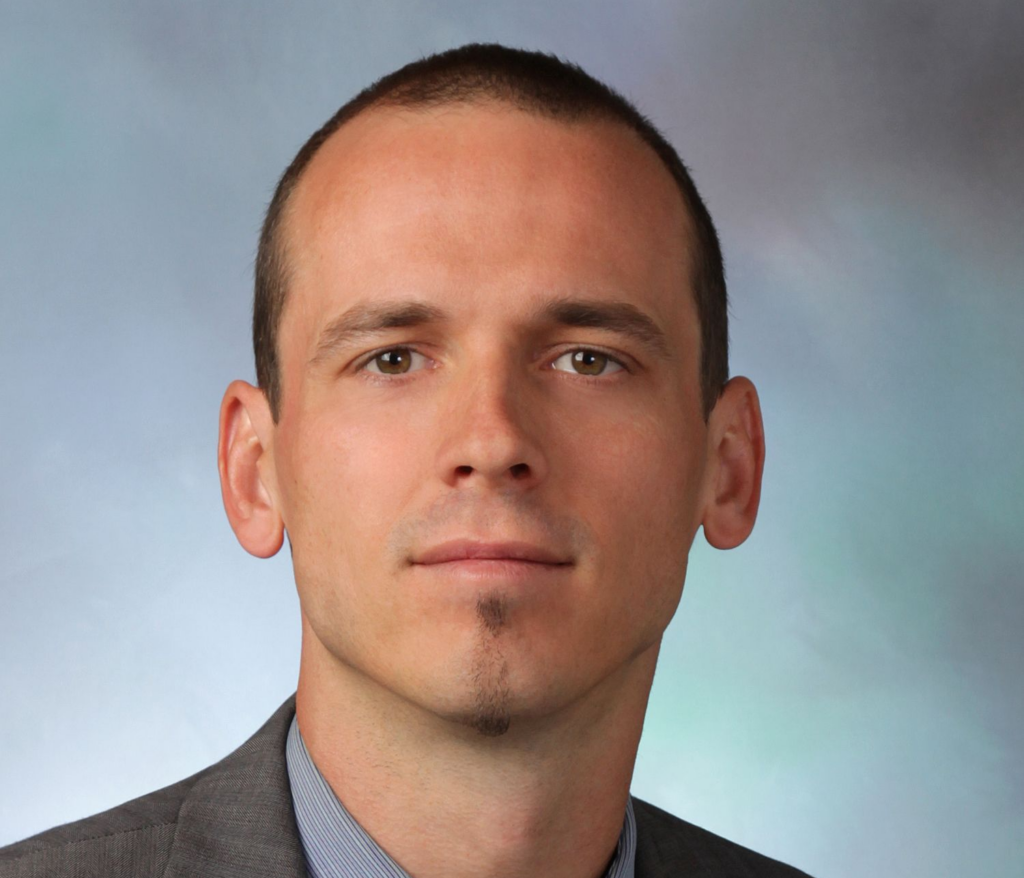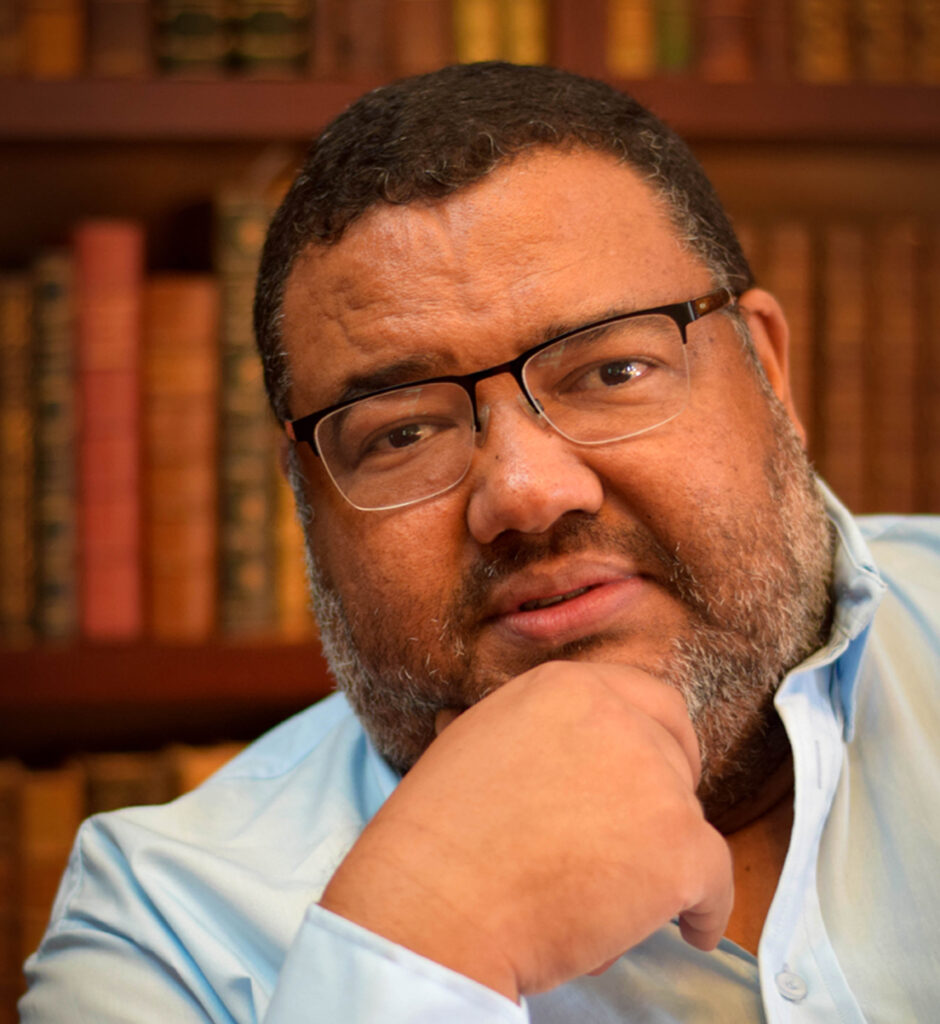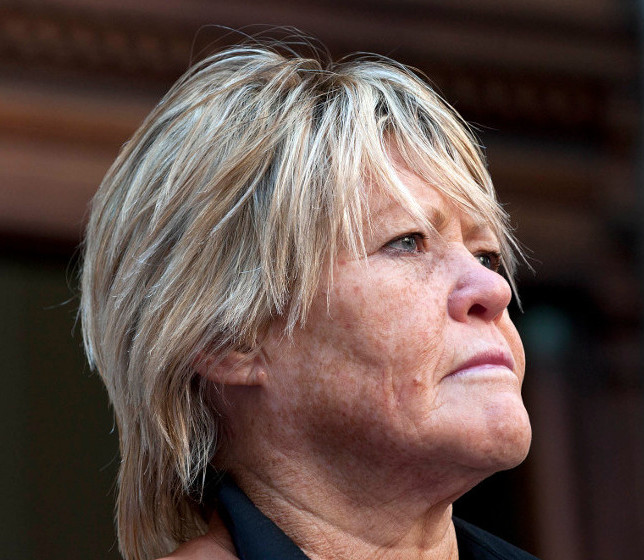Mary Inman
The Securities and Exchange Commission (SEC) whistleblower rewards scheme has been running for over 10 years in the US, and billions have been recovered by handsomely paying whistleblowers. Could South Africa adopt a similar rewards scheme for whistleblowers, and could an “Office of the Whistleblower” be established and given the powers to do this?
Andreas Stargard, a seasoned US antitrust lawyer who has practised competition-law litigation for more than 18 years and a co-founding senior member of African law firm Primerio, facilitated a webinar hosted by the Mail & Guardian and sponsored by Constantine Cannon. The webinar was entitled: Amend South Africa’s Legislation to Include Financial Rewards for Whistleblowers.
 Andreas Stargard
Andreas StargardStargard began the webinar by introducing the speakers, then called on anti-corruption activist Athol Williams to start proceedings. Williams blew the whistle on his employer Bain & Co and is the author of Deep Collusion, which covers his testimony and its aftermath.
Williams outlined how Bain had damaged the South African Revenue Service and various other public institutions through colluding with former president Jacob Zuma in state capture, and then tried to cover this up. The evidence first started to come to light in the proceedings of the Nugent Commission; Williams blew the whistle in 2019 when he was asked to become involved in the cover-up. He used a cache of files to produce 700 pages of evidence, which he then presented to the Zondo Commission.
“Most companies involved in state capture were involved in dodgy tenders and over-pricing, but Bain was involved in masterminding state capture,” he said. Williams lost his job and had to emigrate in 2021 for fear of losing his life after blowing the whistle, and has had no support from the government or anyone else; instead, he has been widely ostracised. He said he did try to enlist help when he made his decision, but none was forthcoming.
This was despite the fact that South Africa has legislation meant to effectively protect Whistleblowers: its own “whistleblower protection act” — the Protected Disclosure Act (No. 26 of 2000). The PDA is good in principle, but in practice it is all teeth and no bite. It provides no monetary reward or protection; it only considers compensation when a whistleblower has suffered occupational detriment for reporting fraud, but in Williams’s case, he hasn’t received even that.
 Athol Williams
Athol WilliamsGlynnis Breytenbach, former prosecutor for the National Prosecuting Authority, Member of Parliament for the DA and Shadow Minister of Justice, said once the facts are in the public domain, attempts to kill whistleblowers generally subside. She said it is difficult to incentivise whistleblowing with financial rewards, as then lots of people will come forward with dubious information. She said that there should be protection programmes for whistleblowers, but finances for this are lacking. Whistleblowers are basically on their own, but fortunately those who are hired to kill them are “not very good at it”.
Breytenbach said that she does not regard former Bosasa CFO Angelo Agrizzi as a whistleblower; rather, he is someone trying to negotiate a favourable deal for himself. “The kind of whistleblower you want are those who are doing the right thing, rather than someone who is spilling the beans to reduce their sentence,” she said. “So, there does need to be incentives, but protection is more important than financial incentives.”
Stargard pointed out that whistleblowers are held in high esteem in the US, evidenced by Francis Haugen, who blew the whistle on Facebook, appearing at a recent State of the Union address alongside US President Joe Biden and his wife Jill.
“I’m happy that Glynnis [Breytenbach] made the distinction between whistleblowing and plea bargaining,” said David Lewis, former chair of the Competition Tribunal and outgoing executive director of Corruption Watch. “Most who came to the Tribunal were plea bargaining — they blew the whistle in exchange for reduced sentences. I agree with Breytenbach that financial incentives can be morally hazardous, although in the US when the SEC offered financial rewards for whistleblowing, there were literally queues around the block!”
 Glynnis Breytenbach
Glynnis BreytenbachLewis said the Corruption Watch model is based on whistleblowers reporting to them, and their reports come in at about 150 a week. Most are reports of petty corruption, and protection cannot be offered to most of these people. He added that some cartels were exposed and prosecuted when he was chair of the Competition Tribunal.
He proposed a way to protect whistleblowers: to make celebrities of them, so that they become “untouchables”. “If our whistleblowers were publicly rewarded by the president, it would provide them some protection,” he said. But the real reward, he pointed out, would be to punish companies like Bain, as it’s very demoralising for whistleblowers like Williams to see nothing being done to companies that seriously crippled the economy of the country going unpunished.
Lewis said: “Such companies should be denied a licence to operate, and the law enforced to its fullest. The information that whistleblowers provide must be acted upon; and that shouldn’t just involve returning the money that they stole; if you get caught stealing a loaf of bread, for instance, you can’t just return it.”
Mary Inman, a partner at Constantine Cannon and an internationally renowned whistleblower champion, said that the PDA is a very important tool or pillar, but whistleblowers need more than just protection and rewards. “There must be a clearly visible agency that those who wish to blow the whistle can turn to. Most whistleblowers report internally before they go to external agencies, and that’s because they wish to remain anonymous.”
Unfortunately, said Lewis, it’s almost impossible for whistleblowers to remain anonymous: “you cannot protect your identity if you wish to get the corrupt prosecuted”.
 David Lewis
David LewisRegarding the issue of how to prevent thousands of would-be whistleblowers coming forward if monetary compensation is offered, Inman said: “In the US, you can only report tax violations to the IRS [Internal Revenue Service] if they are in excess of $2-million, to prevent petty crimes being reported.” She said that it helps a country enormously to have whistleblowers come forward with tips, as they “supercharge your [law] enforcement”, adding that “the money spent on paying whistleblowers will come back from successful prosecutions, so South Africa should try it and see what happens”.
Closing remarks
Williams said regarding Lewis’s point about celebrating whistleblowers, that he has written to the presidency six times, with no result, which is “a very clear statement from our government”. He said: “I felt compelled to do what I did because it was the right thing to do, and I just want compensation for losing income and for my medical costs. It means nothing to say I may get compensation in five years’ time; I need the money right now.”
He suggested that there should be a fund for compensating whistleblowers, similar to the way army reservists who are injured in the line of duty are compensated (or their families, in the case of their death).
Breytenbach, who said she regretted that Williams had not contacted her when he was blowing the whistle, as she would have tried to help him, suggested that she would like to see an Office for Whistleblowers set up in South Africa, possibly in conjunction with an institution such as Corruption Watch.
Lewis said that the little attention placed on whistleblowing is comparable to the tiny will to tackle corruption. “Trying to report corruption in the government can seriously endanger your life!” he added.
Inman said offering rewards is a “safety net” for those who want to do the right thing — it motivates those who are sitting on the fence and are worried about being blacklisted. She said that in the UK whistleblowers get a lump sum, which is referred to as “unemployment insurance”.
Stargard concluded proceedings by saying that he hopes some concrete action will take place as a result of this webinar. — Derek Davey